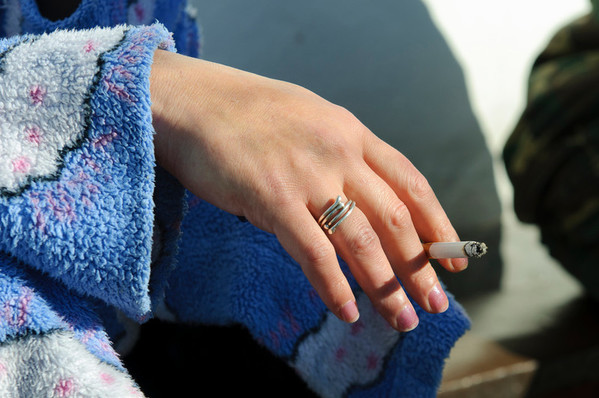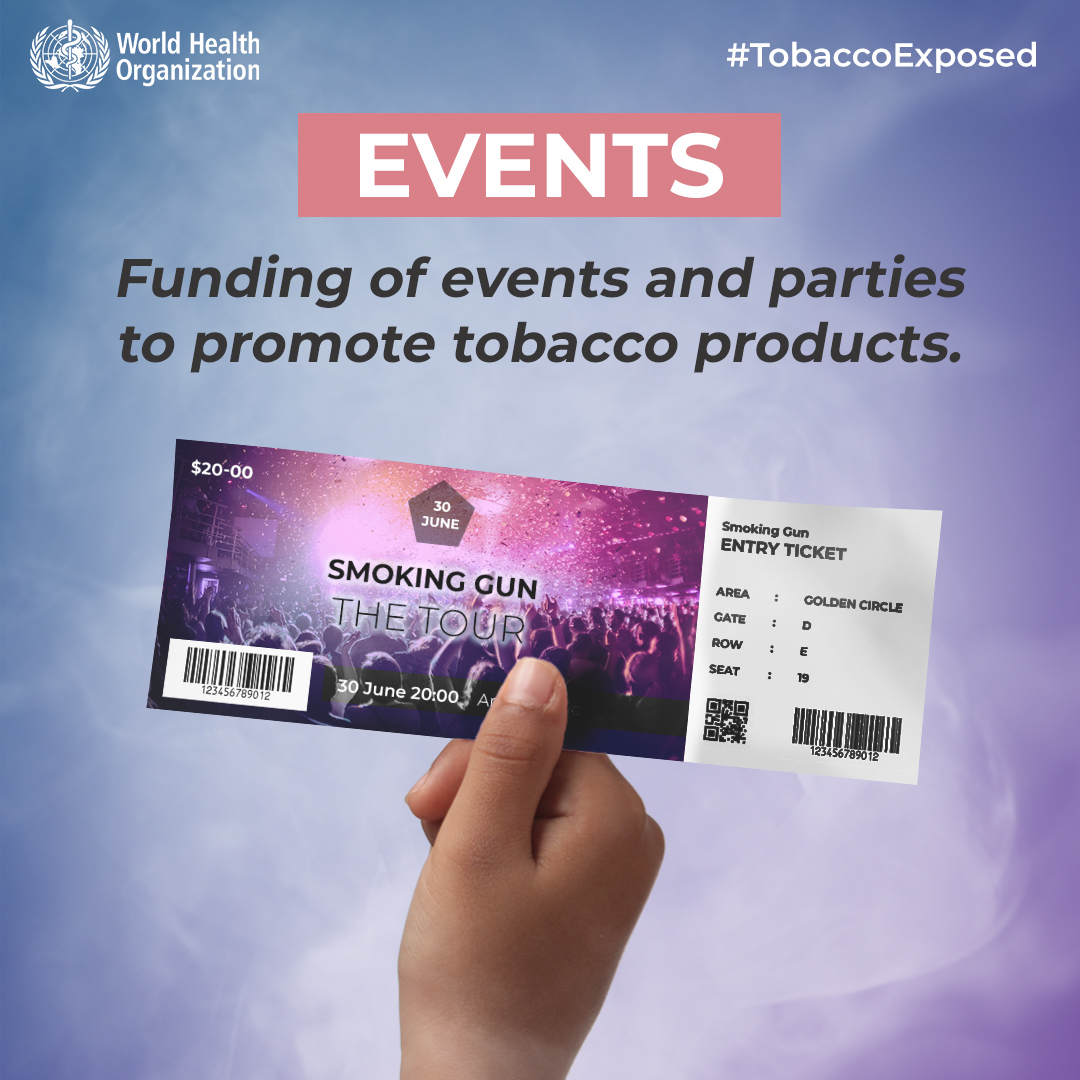
🎥🔴 Watch LIVE as @hans_kluge and experts from WHO/Europe provide a situation update on #COVID19 in the European Region before answering questions from journalists. pscp.tv/w/cw9UeTFwempN…
Good morning, last week, new cases of #COVID19 in Europe rose 9% to just above one million. This brought a promising six week decline in new cases to an end, with more than half of our region seeing increasing numbers of new infections @hans_kluge
We are seeing a resurgence in central and Eastern Europe. New cases are also on the rise in several western European countries where rates were already high @hans_kluge
Continued strain on our hospitals and health workers is being met with acts of medical solidarity between European neighbors. Nonetheless, over a year into the pandemic our health systems should not be in this situation @hans_kluge
We need to get back to the basics.
The high rates of transmission, and rapid spread of variants of concern across the region requires:
1⃣ Increased vigilance for variants that pose a threat of increased transmissibility or severity @hans_kluge
The high rates of transmission, and rapid spread of variants of concern across the region requires:
1⃣ Increased vigilance for variants that pose a threat of increased transmissibility or severity @hans_kluge
2⃣ Improved testing and isolation of cases, tracing and quarantining contacts, as well as care
3⃣ Stronger focus on prevention and control of other diseases
4⃣ More effort to re-engage communities and counter pandemic fatigue @hans_kluge
3⃣ Stronger focus on prevention and control of other diseases
4⃣ More effort to re-engage communities and counter pandemic fatigue @hans_kluge
5⃣ Coherent, gradual and evidence-driven reopening of societies, within and between countries, when timely
6⃣ And, an accelerated roll-out of vaccines @hans_kluge
6⃣ And, an accelerated roll-out of vaccines @hans_kluge
B.1.1.7, initially identified in the UK has been reported in 43 of 53 countries in the region, B.1.351, identified in South-Africa; in 26, and P1, identified in Brazil/Japan, in 15. We need to suppress the spread of the virus everywhere, using what we know works @hans_kluge
Vaccination is already saving lives, with hospitalization and deaths in most at-risk groups declining significantly but vaccinating every population group will take time. @hans_kluge
A total of 45 countries have started vaccinations in the European region; 1.9% of the population in 40 countries and 24.5% of health workers in 20 countries, have received their completed vaccination series against #COVID19 @hans_kluge
It’s International Women’s Day on Monday and I want to take this opportunity to shine a spotlight on issues that affect women and one of the biggest employment sectors of women, globally and regionally; the health and social care workforce @hans_kluge
When the pandemic hit, not a single country in this region had achieved gender equality. Not one. #COVID19 has since aggravated and shone a light on underlying structural gender inequalities @hans_kluge
We have long known that emergencies have a disproportionate effect on women‘s health – and #COVID19 is no exception, where confirmed cases are more common in females and young adults @hans_kluge
The face of that frontline health worker we so often talk about, is mostly the face of a woman. More than 7 out of 10 global health and health facility service workers - are women. In this region, 84% of nurses and 53% of physicians, are women @hans_kluge
Health workers account for 8% of global #COVID19 cases and the risk they run of getting infected is more than triple the risk of most of us, the ones they are trying to protect @hans_kluge
Five weeks ago, out of the 1.3 million health workers that had been infected with #COVID19, 68% were women @hans_kluge
We must do everything in our means to protect our frontline. It is fundamental, an obligation of every government, to assure vaccination of the health and social workforce @hans_kluge
I have 3⃣ key messages.
1⃣ to diminish the severe socio-economic impact of COVID-19 on women, their economic participation needs to increase and we need to address the pay gap @hans_kluge
1⃣ to diminish the severe socio-economic impact of COVID-19 on women, their economic participation needs to increase and we need to address the pay gap @hans_kluge
We do that through investing in health and social care jobs with fair pay, working conditions - and recognition.
In non-pandemic times women perform three times more unpaid care and domestic work than men @hans_kluge
In non-pandemic times women perform three times more unpaid care and domestic work than men @hans_kluge
Containment measures have exacerbated that imbalance, school closures being a case in point @hans_kluge
Women are more often responsible for home-schooling than men, and with less childcare available, the demand for unpaid childcare has fallen primarily on women, constraining their ability to take on paid work @hans_kluge
And it is still women that are disproportionately responsible for the bulk of domestic tasks and taking care of children and the elderly @hans_kluge
In the health workforce, women are clustered into lower status jobs and worse paid positions. The gender pay gap in the health sector is higher than in other sectors, or 25%, which is unacceptable @hans_kluge
2⃣ Secondly; we should collectively ensure that women take an increasing part in national, regional, local decision-making on #COVID19 prevention and control @hans_kluge
It is for good reasons that the theme for #InternationalWomensDay, on March 8, next week, is ‘Women in Leadership: Achieving an Equal Future in a #COVID19 World’ @hans_kluge
Because global health has for all too long been reflected in the fact that women make up 70% of the health workforce but hold only 25% of senior roles @hans_kluge
Women remain largely absent from national or global decision-making on the pandemic response. These gaps in leadership are driven by stereotypes, discrimination, and power imbalances. Some women are further disadvantaged on the basis of race or socio-economic class @hans_kluge
3⃣ we need enhanced social support, prevention, early detection, and treatment for women at risk of domestic violence. We must also address the #MentalHealth impact of the virus and prevent health-worker burn-out @hans_kluge
Across the Region, reports of violence against women have seen a dramatic increase. Countless women are forced to ‘lockdown’ at home with their abusers @hans_kluge
While the risk of violence has grown, reports show that their access to services is being disrupted. Some domestic shelters are full or have been repurposed or closed. First responders for women, are overwhelmed @hans_kluge
Women also experience greater psychological distress associated to #COVID19, than men. 2020 data from an Austrian helpline, shows that 68% of callers were female and that women tested worse than men on all #MentalHealth parameters @hans_kluge
If you are a health professional, you are at a greater risk of acquiring trauma, stress-related disorders and depression. Studies show that between 20-70% of the health workforce is struggling with #MentalHealth issues @hans_kluge
The greatest concerns are fear of becoming infected with the virus and of the unknown. The financial resources and operational capacity of support services need to be there - also during lockdowns @hans_kluge
None of this can be ignored. And all of this can be changed. Because when systems are shaken to their core - there is an opportunity for rethinking and building better societies – and we owe it to ourselves to grasp it @hans_kluge
This is not only about rectifying long-standing gender inequalities. This is about women as health leaders and gendered responses to crises @hans_kluge
This is about equality and women’s protection needs at the heart of every response. This is about changing, righting wrongs - outside and inside of hospital walls - for the greater good @hans_kluge
Global health should be led and delivered by us all.
I wish you a Happy #InternationalWomensDay on Monday.
Thank you. @hans_kluge
I wish you a Happy #InternationalWomensDay on Monday.
Thank you. @hans_kluge
• • •
Missing some Tweet in this thread? You can try to
force a refresh











